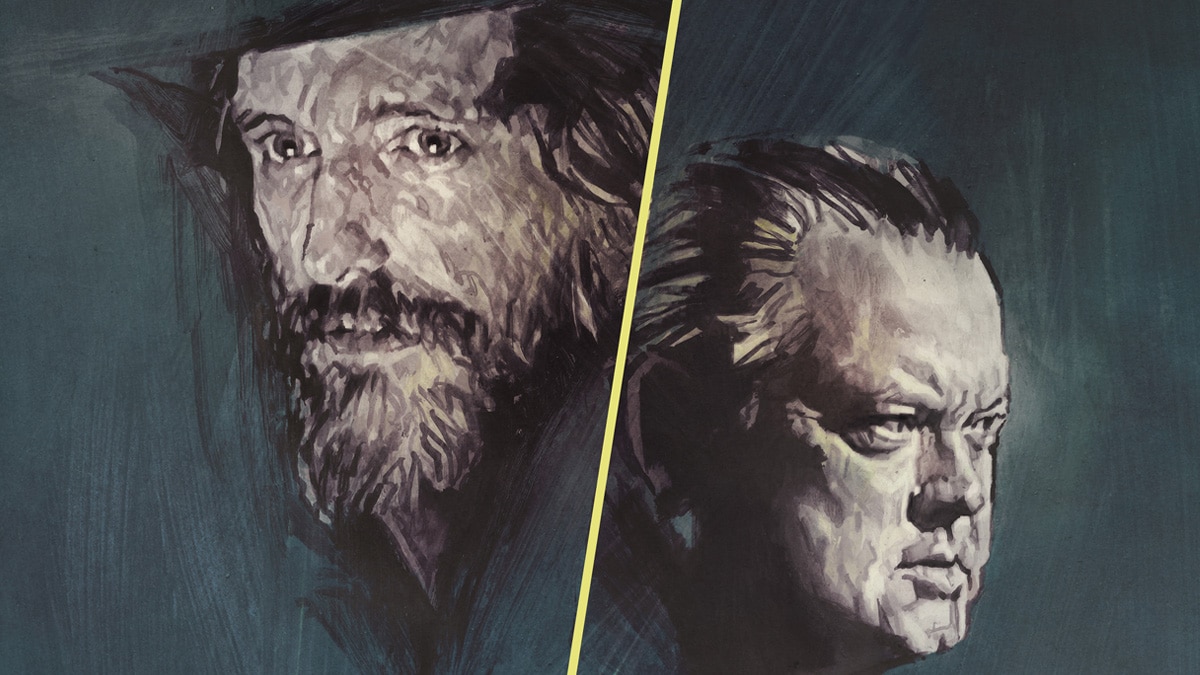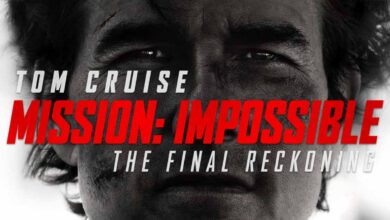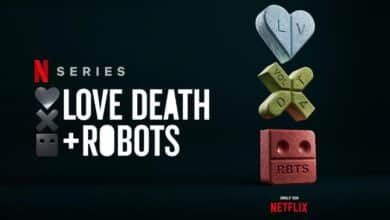AFI Fest Review: Hopper/Welles
Hopper/Welles (2020) is a documentary film, directed by Orson Welles. The film is a fly on the wall observation of a conversation that took place between actor/writer/director Dennis Hopper, and actor/writer/director Orson Welles, in Welles’ home (I think) in late 1970. Dennis Hopper, at this point, was still enjoying the success of his film Easy Rider (1969). Welles, for some reason not mentioned in the film, wanted to interview Dennis Hopper. This film chronicles that conversation.
There really isn’t much to put in a synopsis, as the film is as simple as that. Perhaps the most purely documentary film that I’ve ever seen, the only cuts are between the two 16mm cameras with which Welles had the evening shot on. We bear witness to more or less their entire conversation, as it happened, with little to none of it cut from the film.
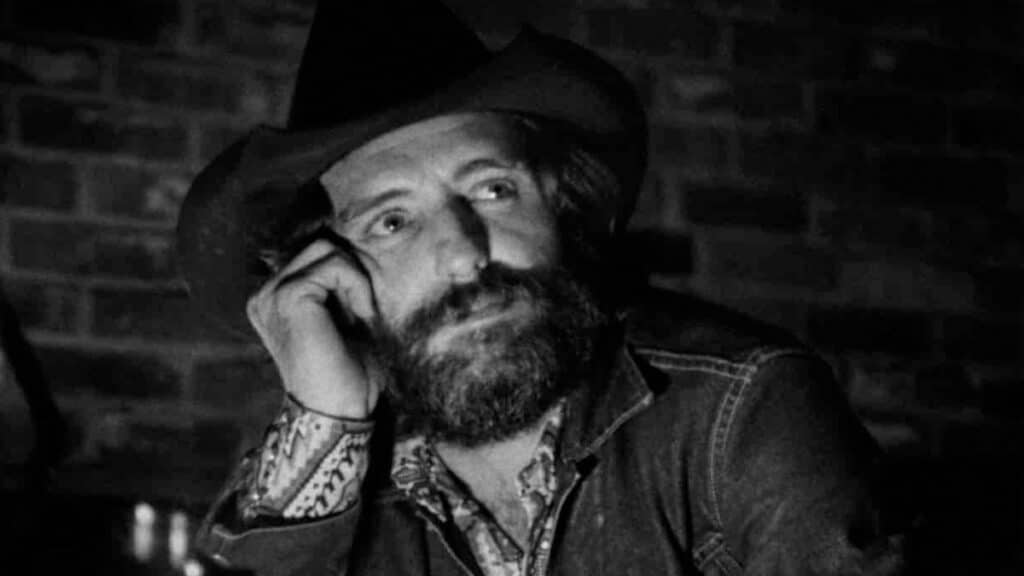
The conversation, which is loose, and uninhibited, takes places over dinner and cocktails in Welles’ Beverly Hills home. The topics range from films and filmmaking, to Hopper’s family life. War, hunting, rebellion, philosophy, artistic goals and desires are all different subjects that are discussed in intimate detail, as Welles grills Hopper over the course of two hours and ten minutes.
Apparently Welles had been working on his then unfinished film The Other Side of the Wind (2018), when this conversation occurred. Welles had the foresight to document the conversation. For years there had been mentions and rumors of the existence of this film, but nobody had seen it. That is until a breakthrough was made, allowing The Other Side of the Wind to finally be completed, and the interview footage was discovered.
There is very little context for the film given before one is instantly immersed in it. We never find out specifically why Welles wanted to talk with Hopper so bad in the first place, but once the conversation gets going, it doesn’t really seem to matter anymore. The focus is definitely more on Hopper than Welles. The film almost plays like one of those police suspect investigation videos. We never see Welles in the film. Not once. We see his guests, and his meager crew, but we never see him. He posits his queries from somewhere in the darkness of the room. Both cameras are on Dennis Hopper for the entire run of the film.
In this way, we learn more about Hopper personally than we do about Orson Welles. But that isn’t to say that this film isn’t packed like a Snickers with opinions and insights from Welles himself. As he prods and pries, he frequently offers up his own thoughts as a way to explore more of Hopper’s. Although it should be added that part of Welles’ artistic persona was this desire to blur the lines between truth and fiction. So in the Q&A that followed the film, the guys that are responsible noted that Welles may or may not have been conducting the interview in character, so we can’t be sure that he is being 100% honest.
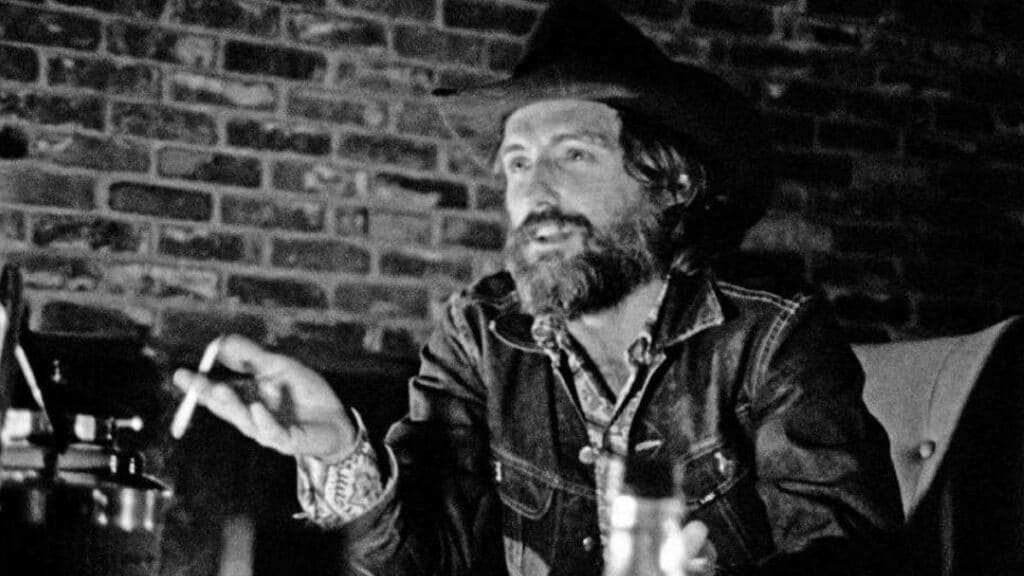
The film completely eschews any kind of conventional narrative. It is literally just a documentation of that evening’s events. Editor Bob Murawski decided not to cut anything from the conversation, nor rearrange any of it. And thank goodness for that because instead of Murawski deciding what was or was not important for the audience to hear, we now have a record of this thing that we essentially get to participate in.
It’s almost like traveling back in time, and being there that evening. The fact that the camera is on Hopper virtually all the time sort of makes it like we are sitting in the room listening to him too. At points, I had to stop and offer praise to the universe for creating the “pause” feature, as points made during the conversation spurred additional conversation between those of us that watched it. You feel like a part of the evening when you watch it. Do yourself a favor. If you’ve got a fireplace, light a fire in it, get yourself a cocktail, and settle in for a quality conversation, the likes of which are sadly too infrequent in the world of today.
Speaking of the world of today, this film also has value in the fact that it’s a cinematic time capsule. Hopper and Welles discuss a number of topics that were relevant to them in their day. News, world events, politics, ideologies are all on the table here. A snapshot of two great men musing together about the state of things in 1970. We hear of these issues from people who lived through them, at the time they lived through them. It is an invaluable historic document.
In this context, Hopper/Welles becomes engrossing in another respect. As someone far richer than me said in a song once, the times, they are becoming quite different. However, while things change, they don’t really do a whole lot of changing, do they? I mean, the players change, but the game remains the same. It’s fascinating to hear how similar the issues of 1970 that plagued the world were to many of the issues we face today. It was also quite refreshing to listen to two great minds discuss ideas openly without becoming hostile with each other, despite their disagreement on many things.
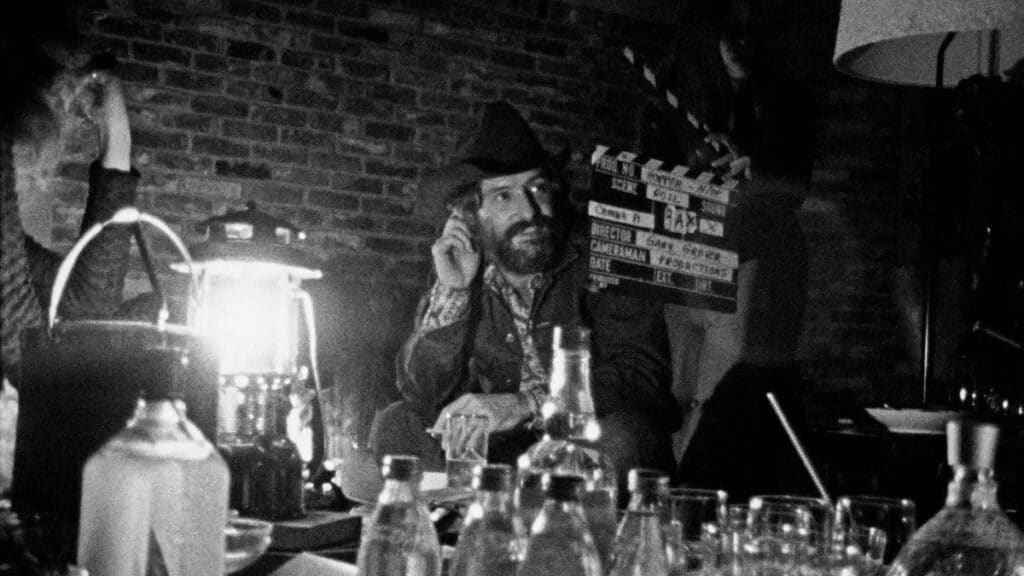
Honest and open conversation seems to be a thing of the past more and more with each passing day. As thoughts and ideas have increasingly become something that we of 2020 shouldn’t share with one another, it is nice to listen to two people express and defend their opinions openly without fear of reprisal or “cancellation.” Although, I’m certain there will be plenty of people that will find certain opinions or view in this film “problematic,” and won’t be able to get around their own sense of offense to really listen to what anybody has to say. It’s a crying fuckin’ shame.
Hopper/Welles is an intriguing journey through the thoughts, ideas, feelings, and inspirations of two of the most influential men in Hollywood history. If you are a fan of either one or both of these guys, I would recommend this movie. If you enjoy listening to robust conversations between intellectuals, artists, and/or Hollywood luminaries, I would recommend this movie. Students of certain schools of history or philosophy might get something out of it too. Film students, not so much. At least, not the film production students. Students of critical studies, and those who write and create could definitely glean some fascinating info from this film though.
Whether you are a student of film, or simply a student of life you should watch this movie. If you are a fan of either one of these guys, you should definitely watch this movie. It’s worth it just to see these two together, let alone be allowed to participate in their exchange of ideas. It’s almost as cool as that time Chuck Berry and Bo Diddley performed together in Let the Good Times Roll (Robert Abel, Sidney Levin, 1973), or that time Mike Patton toured with Rahzel, or that time Jimmy Cagney and Edward G. Robinson starred together in Smart Money (Alfred E. Green, 1931) or that scene between Christopher Walken and Dennis Hopper in True Romance (Tony Scott, 1993). In other words, these motherfuckers are too cool for school, and I felt like a better, cooler person for having been able to hang out with them for a couple hours in 1970.
Review
Rating
RN Review of Hopper/Welles
Hopper/Welles is an intriguing journey through the thoughts, ideas, feelings, and inspirations of two of the most influential men in Hollywood history.
